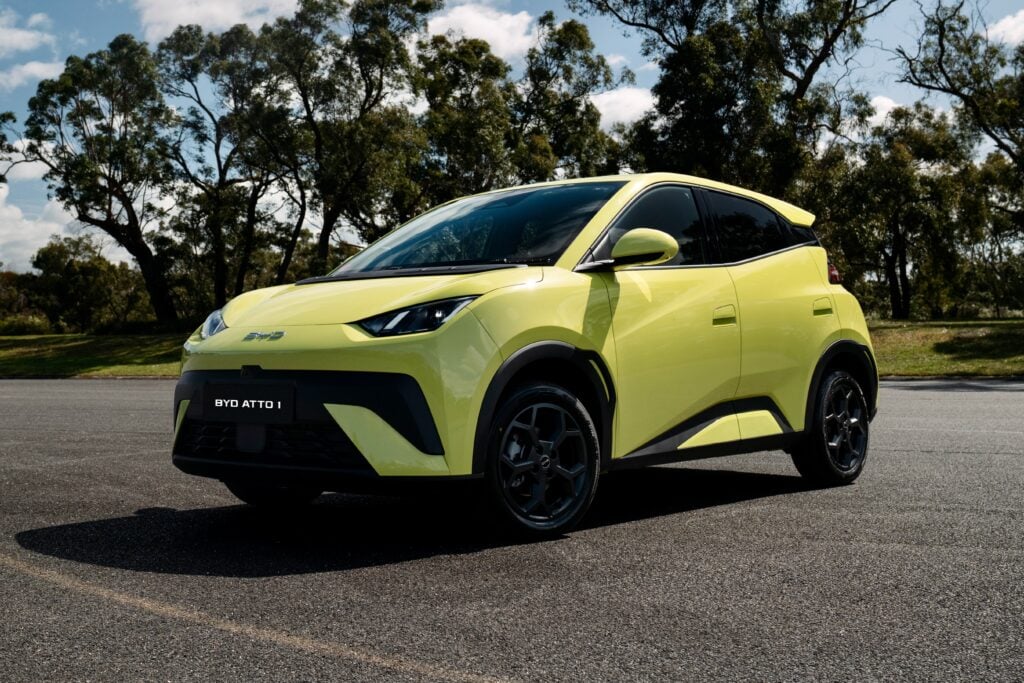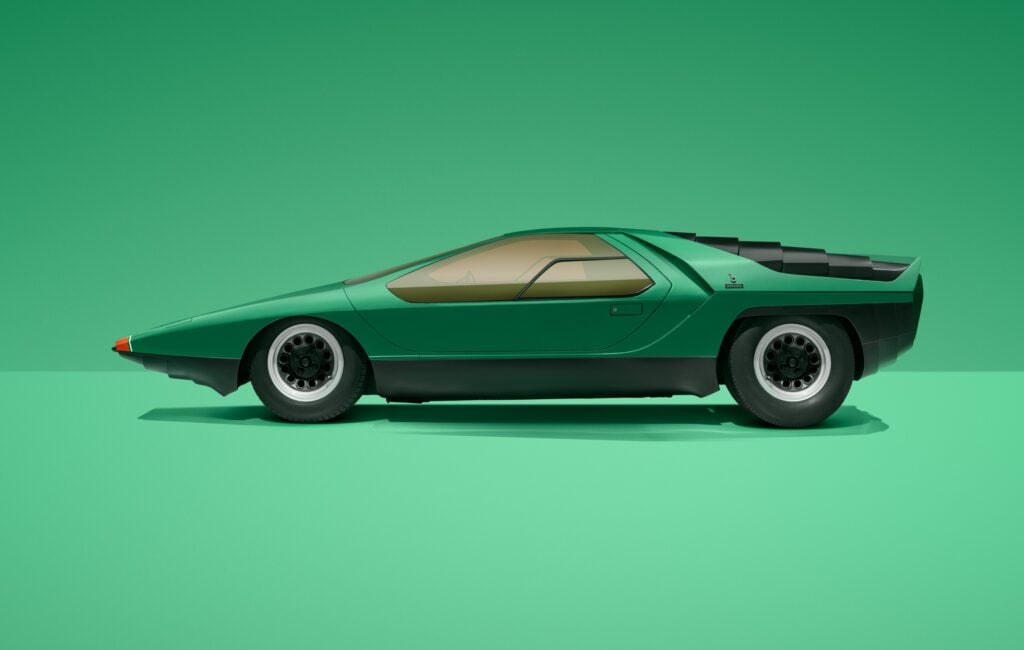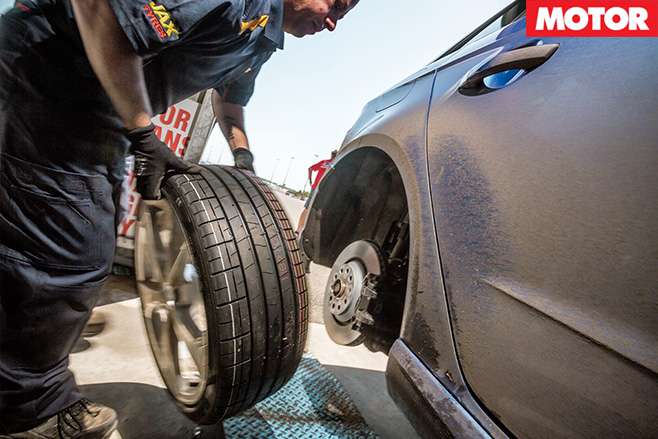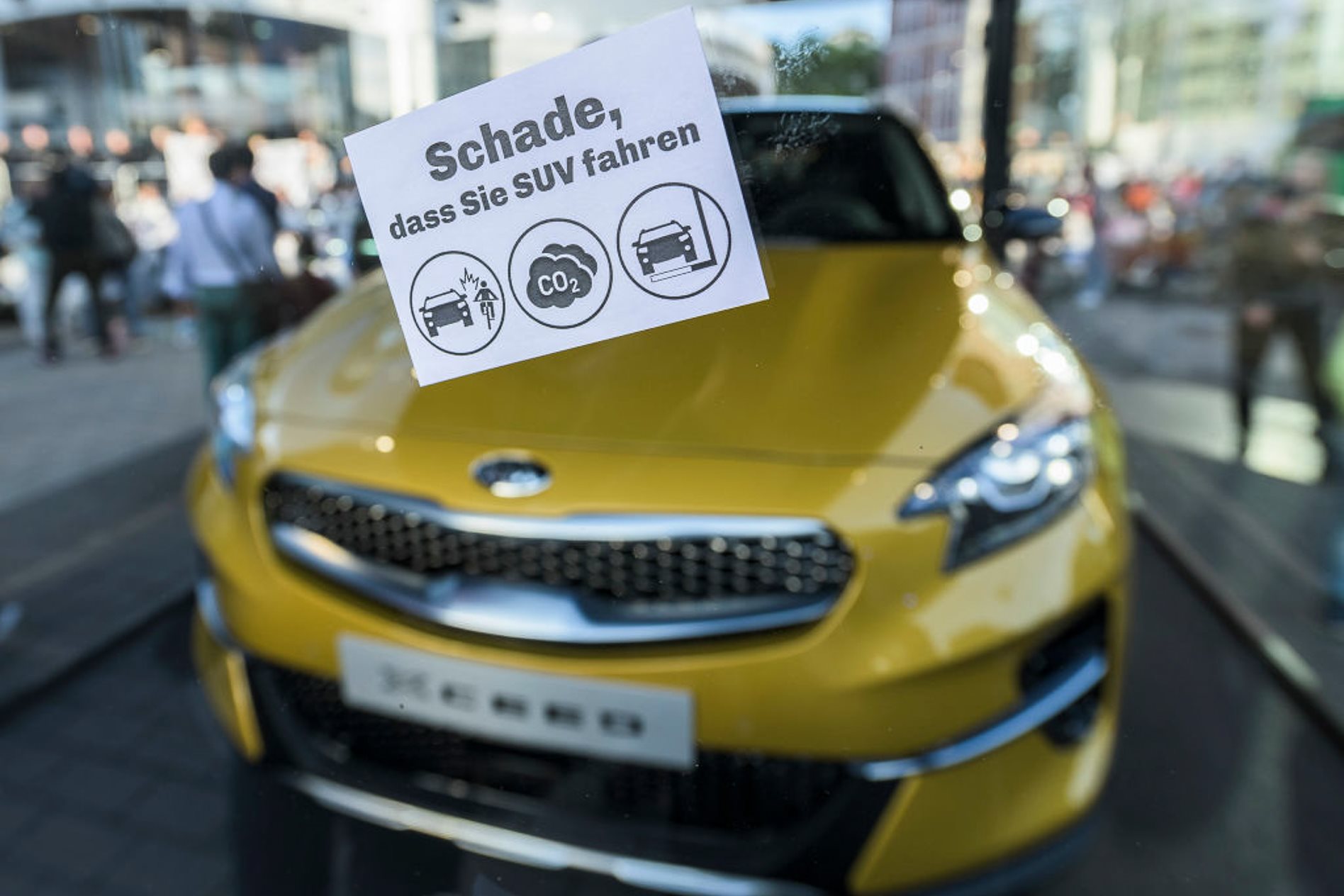
Early in October, hundreds of Berlin residents gathered in a vigil for four people who were killed in a traffic accident the previous day.
The focus of their ire? The fact that the vehicle involved was an SUV, which had mounted the pavement and killed a three-year-old, his grandmother and two young men.

Politicians called for restrictions on the size of SUVs allowed into the city, while newspaper headlines shouted ‘SUV Insanity!’ from their front pages.
While the car involved was only a Porsche Macan, the protests underline a simmering resentment – in Europe at least – about the rise and rise of the larger car.
And it’s for a variety of reasons, including a perceived increase in pedestrian injuries and deaths inflicted by larger cars, as well as the larger, less ecological footprint of an SUV.
Recent climate change protests were targeted at the Frankfurt Motor Show, where activists stood on the roofs of several display models within the halls, unfurling ‘Climate Killer’-emblazoned banners.
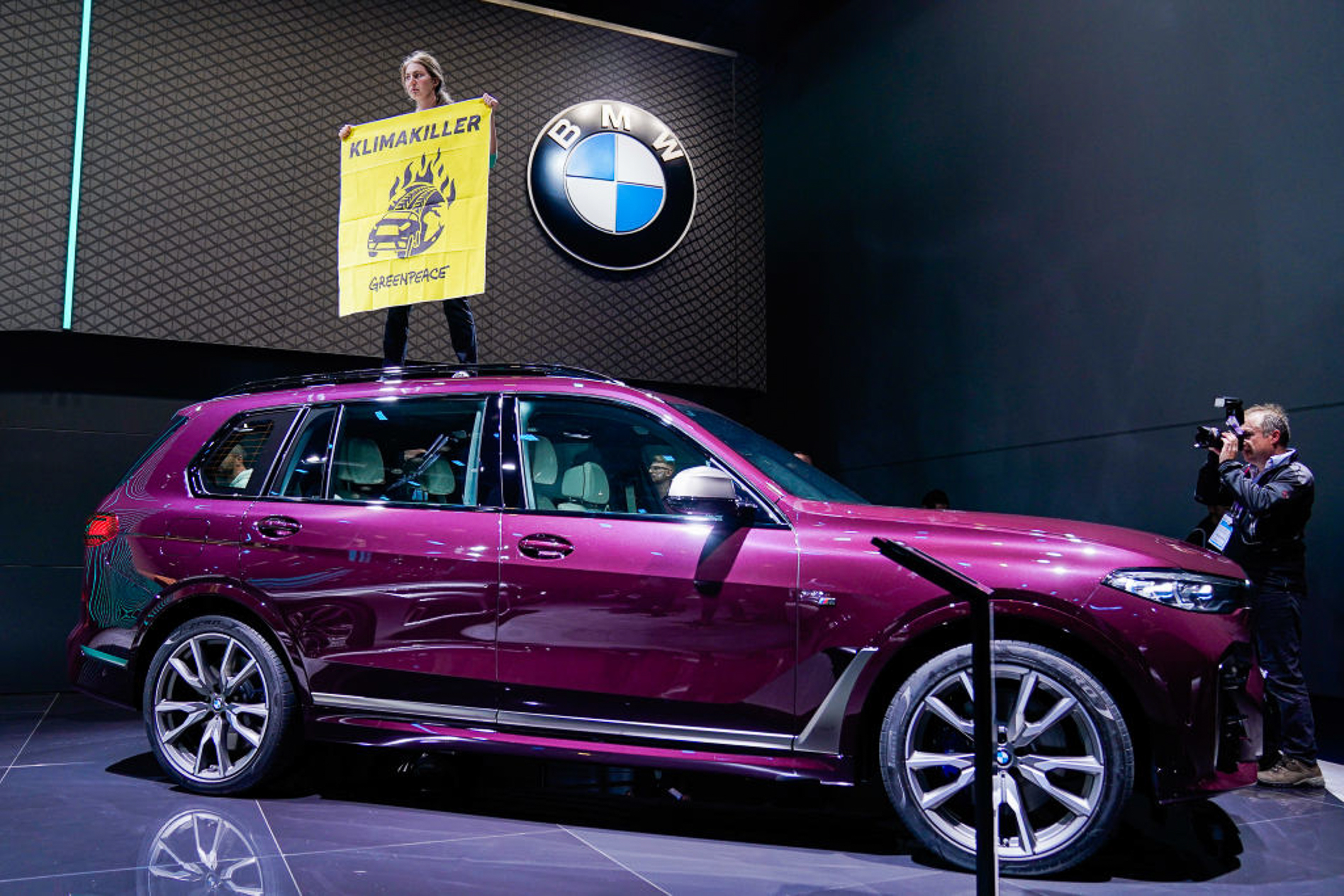
There’s also another reason that the SUV’s seemingly all-dominant days may be coming to an end, though – fashion.
“The sedan is the middle finger of the future,” Nissan senior vice president for global design, Alfonso Albaisa, told website Automotive News Europe at the Tokyo auto show last week. “It’s the tattoo of the future.”
Albaisa’s theory is that the next generation of car buyers won’t want to buy the same kind of cars that their parents owned, and will look to make a statement by looking elsewhere in the automotive industry for their car.
It’s a view shared by others in the industry.
“I don’t believe that SUVs will overwhelm the market,” Skoda’s Board Member for Sales and Marketing, Alain Favey, told WhichCar earlier this year.
“For us, there is no doubt that in the future there will be a demand for cars like the Octavia, irrespective of what’s happening with SUVs and electric vehicles. There will always be a demand for other types of cars; otherwise, we would not develop them. And we believe in the future like cars like the Octavia and Scala [hatch].”
The recent introduction of the Volvo S60 also prompted the brand’s CEO Hakan Samuelsson to suggest that the sedan’s inherent aerodynamic advantage over the larger, boxier SUV shape will give designers of alternate-power cars a notable advantage when it comes to hitting drag-coefficient and emissions targets.
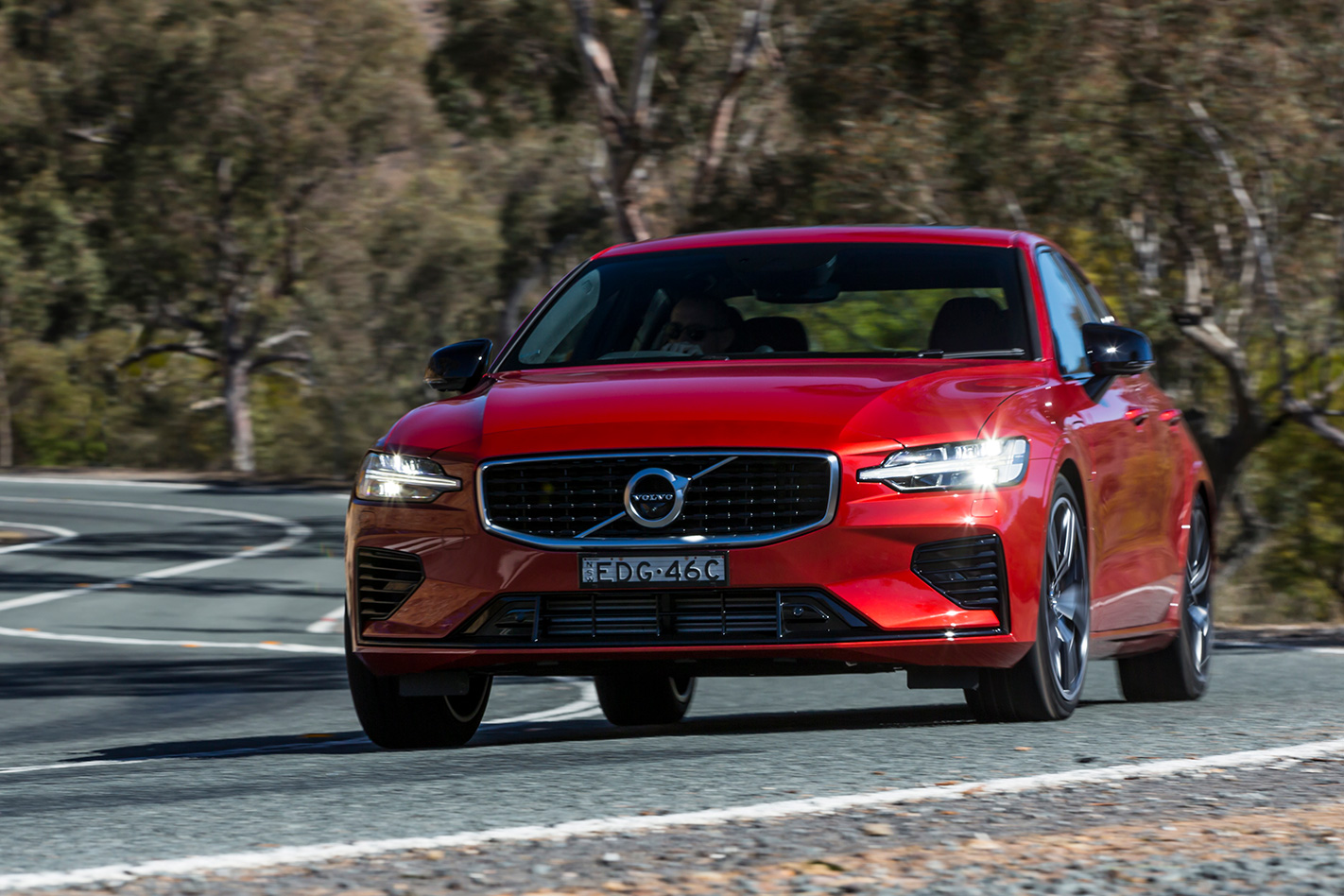
“I wouldn’t be surprised if those market forces cause a comeback for smaller sedans, especially if you don’t need the size of an SUV,” he said.
Car buyers in large world markets like South America and China still see the sedan as a sign of prestige, which will encourage the continued development of the notchback, as the sedan is known in the industry.
Locally, the sedan is definitely still off the menu when it comes to new car buyers, with former favourites like the Holden Commodore well and truly out of favour, while solid, reliable performers like the Ford Mondeo are overlooked for cars like the Mazda CX-5.
For carmakers like Hyundai, who enjoys huge success with sedans in its home market and the US, the case to bring the once-popular Sonata sedan back to Australia is still up in the air.
BMW is enjoying a slight resurgence with its new 3-Series, but its sales are eclipsed by the X3 and X5. It’s a similar situation for Mercedes-Benz and Audi, whose C-Class and A4 models are outsold by their GLC and Q5 siblings.
However, companies like Volkswagen – while mindful of the state of play in the pure passenger car segment – are forging ahead with plans to bring in newer, more technically advanced versions of its most popular passenger cars.
“It’s true the sedan market has shrunk in recent years, having given way to the ever-increasing popularity of SUVs,” said Volkswagen Australia public relations manager Kurt McGuiness. “But there is still a place for a well-equipped, genuinely spacious Euro sedan and wagon derivative, which is why Passat remains a part of our lineup.”


